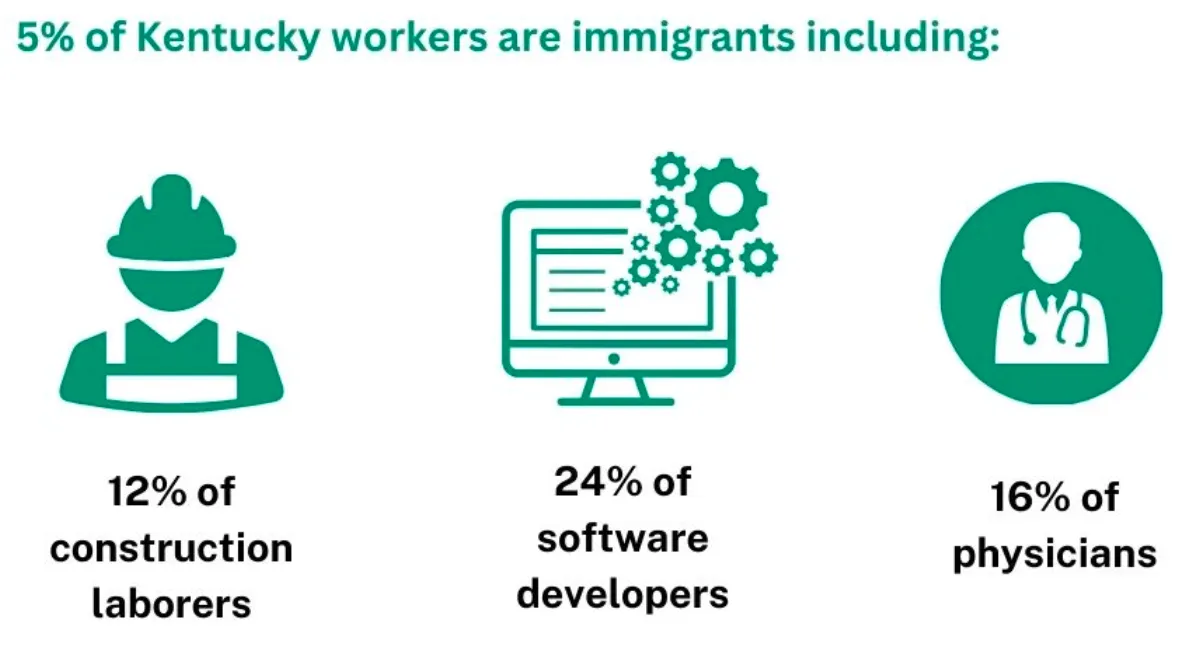Table of Contents
M
ike Petrilli is one of the self-appointed leaders of the corporate reform of education movement, and also has a day job as president of the Fordham Institute, a conservative think tank with a focus on education. His bio says that “he is one of the nation’s most trusted education analysts,” so I guess he knows what he’s talking about.
In his most recent essay, “Why don’t districts do the easy things to improve student learning?”, Petrilli offers solutions to some of the most pressing problems facing schools today…but he doesn’t start on solid footing.
I’ve never led a school, run a school system, or served on a school board. So maybe I am about to ask something that is incredibly naive and possibly insulting. But here goes …
If this is your first sentence in a critique of public education, maybe just stop. If you even remotely suspect that the question you’re about to ask is “incredibly naïve and possibly insulting,” then maybe…just maaaybe…don’t ask it?
Do we think the banking industry would be very interested in an evaluation of their practices by someone who has never worked in a bank, didn’t study finance, and doesn’t currently have a savings or checking account? Or would the American Medical Association solicit a critique of the medical profession from someone who didn’t have a medical degree, and didn’t believe in science or research?
And yet, Petrilli soldiers on …
Mike Petrilli on curricula
Let me offer two examples: 1. Adopting an aligned, high-quality curriculum.
This is how we know you’re not a teacher, Mike. And that you don’t understand what teachers actually do.
Real teachers don’t “adopt” curriculum. They develop curriculum. They revise curriculum. They are constantly tweaking curriculum. And they typically do this work over the summer, for no pay, in a sweltering classroom without air conditioning, fans, or a functioning coffee maker. Because they know that the best curriculum is not “adopted.” The best curriculum is that which is developed closest to the students who will be learning from it, by the professionals who be teaching it–and not purchased from some “expert” who has never set foot in the schools in which that curriculum will be tested, revised, and taught.
Now, are there times when teachers make use of materials from a third party? Of course. But that’s a far cry from “adopting” a full curriculum “off the shelf” from some vendor who is likely unaware of the contexts in which those teachers work, or their students live.
As if to emphasize his own cluelessness, Petrilli then doubles down on his speculation as to why more school districts aren’t purchasing off the shelf curricula:
Yet what limited data we have indicate that most schools continue to choose curricula that are not aligned, not rigorous, not proven—if they are choosing curricula at all. I recently got my hands on a “Market Brief” by Education Week that looked at the market share of various English language arts and math curricula for elementary schools. In both subjects, the market leader is “Other”—as in a large plurality of districts is using something “other” than the major commercial products or open education resources. It’s anyone’s guess what these materials are, but other surveys hint that they are probably lessons downloaded from Pinterest and other sites.
Well, Mike, there *is* a way to determine what these materials are without any guess work. But it would involve…you know…actually leaving your office and going out to visit schools, and watching what teachers do in their classrooms, asking them questions, and looking carefully at the materials they are using with their students. Sounds pretty “rigorous” to me.
It’s a truism that there’s not “one best curriculum” that fits all schools’ needs. But it’s also the case that some curricula are simply better than others. According to the Education Week data, the good stuff is being used by maybe 10 to 15 percent of schools. Why on earth is this number so low?
Perhaps that number is so low because there’s not one best curriculum that fits all schools’ needs? Also, maybe school districts in places like Michigan and Minnesota believe that they are better positioned to make these decisions about what curriculum best meets their students’ needs than EdReports, Pearson, and “discerning states such as Louisiana.”
If Petrilli’s “take” on curriculum decision making is basically Pinterest-level trolling, get ready for his stance on Issue #2:
Mike Petrilli on tenure
2. Making the tenure approval process more rigorous. Teacher evaluation reform may have crashed and burned, but that’s not because the impulse was wrong. Research continues to show that teacher effectiveness varies dramatically from one classroom to the next; our lowest-performing teachers have a hugely negative impact on their students’ trajectories. Identifying these teachers at the get-go and getting them out of our schools could do a world of good.
Again, with the rigor …
If it seems like the ed reformer playbook is limited to just 2 plays—“rigor” and “accountability”—that’s because it is. From Campbell Brown to Peter Cunningham, from The74 to Teach for America, the twin rallying cries of the corporate reformers are “No Child Left Untested” and “Higher Standards for Thee, But Not for Me.”
So, for the sake of argument, let’s take a quick look at Petrilli’s dream of making tenure more … er …”rigorous.” Eww.
A. If tenure was such a bad thing for student learning, then states that have eliminated tenure should have seen an increase in students’ test scores, right?
Well, Michigan’s Gov. Rick Snyder effectively eliminated teacher tenure in 2011, and the state’s NAEP scores since that time have remained stagnant in math…and fallen a point in reading. Overall, the state ranks among the worst in the nation, with “low-income fourth-graders rank(ing) 49th in math,” and “last in the Midwest in every category.”
What states rank at the top of the NAEP list? Union strongholds like Massachusetts and Minnesota, where teacher tenure is still in place, and union protections are well established. So much for tenure having a negative influence on student learning. As the saying goes, teachers’ working conditions equal students’ learning conditions. Strong unions = strong schools.
B. It’s too hard to get rid of untenured teachers.
To put it bluntly, bull. Tenure does not mean “a job for life,” or as Petrilli suggests, “a permanent contract.” All that teacher tenure guarantees is due process rights when it comes to a teacher’s employment status. Teachers with tenure can not be fired by whim; there must be grounds for dismissal. All workers should have this right.
The truth is that Petrilli’s gripe with tenure has little to do with teachers at all—it’s simply a thinly veiled attack on teachers unions, which Petrilli believes are powerful backers of Democratic candidates for political office. And a way of getting rid of experienced (read: expensive) teachers. Both of these goals also serve the needs of charter school and school choice agendas—both of which are supported strongly by the Fordham Institute.
What Mike Petrilli doesn’t seem to understand is that there are very few “easy things” we can do to improve student learning. Learning is a complex human endeavor, and requires the coordination of thousands of messy, complicated moving parts.
There is, however, one pretty “easy thing” we could do immediately that *would* help public schools, teachers, and students when they head back to school in the Fall. And that’s for self-appointed education “experts” like Mike Petrilli to stop messing with things he doesn’t understand—like public education.
–30–
Cross-posted with permission from Eclectablog. Mitchell Robinson is associate professor and chair of music education at Michigan State University. His research is focused on music education and education policy. Follow him on Facebook HERE and Twitter at @mrobmsu. His own blog is at MitchellRobinson.net.






